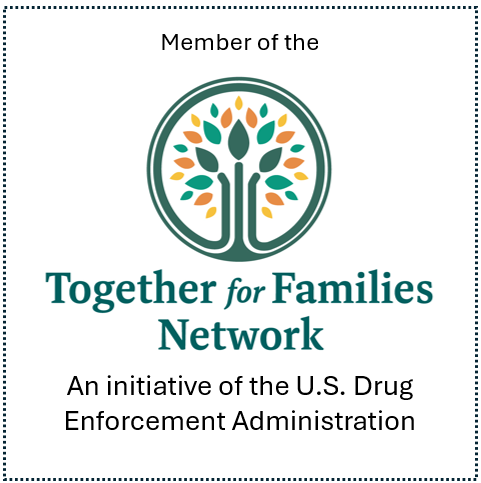Understanding Neurodiversity
Ask the Experts | Sarah Kost-Cox
In recent years, there has been a growing awareness of neurodiversity and the need for inclusivity in our communities. Neurodiversity encompasses a range of neurological differences, including autism, ADHD, dyslexia, and other neurodevelopmental conditions. It celebrates the idea that these differences are a natural and valuable part of human diversity, rather than something to be fixed or cured. However, despite the increasing awareness of neurodiversity, many neurodiverse individuals still face stigma, discrimination, and a lack of understanding in their daily lives.
One aspect of neurodiversity that needs more understanding is stimming, or self-stimulatory behavior. Stimming includes hand-flapping, rocking, or repetitive movements, which help neurodiverse individuals regulate their sensory experiences and emotions. While stimming is a natural and necessary behavior for many neurodiverse people, it is often misunderstood or seen as socially inappropriate. By raising awareness and understanding of stimming, we can create more inclusive environments where neurodiverse individuals feel accepted and supported.
Masking is another aspect that needs our understanding. Masking is when neurodiverse individuals hide or suppress their true selves to fit in with neurotypical expectations. Masking can be exhausting and detrimental to mental health, leading to anxiety, depression, and burnout. Masking can happen with people of all ages and in any setting. By recognizing the psychological dangers of masking, we can adapt our environments to help neurodiverse individuals feel comfortable being themselves without fear of judgment or rejection.
By focusing on affirming practices, we can create more inclusive communities where everyone feels valued and accepted. A few examples of neuro-affirming practices and accommodations include:
- Using inclusive language
- Promoting self-advocacy and problem-solving skills
- Recognizing the need for processing time
- Offering flexible seating and sensory accommodations
Simple actions such as listening with empathy, being patient and understanding, and making accommodations when necessary can make a big difference in the lives of neurodiverse individuals.
It is also important to emphasize that while neurodiversity may explain certain behaviors or differences, it should not be used as an excuse for inappropriate or harmful behavior. Instead, it should be seen as a reason for differences, and support and accommodations should be provided to help neurodiverse individuals thrive. Working with a neuro-affirming therapist can help individuals understand their diagnosis, not to become the diagnosis, and to gain valuable skills and tools to utilize in daily life.
Caregivers of neurodiverse individuals play a crucial role in supporting their loved ones and advocating for their needs. Caregivers should educate themselves about neurodiversity, learn about affirming practices, and seek out neuro-affirming therapy practices that can help their loved ones develop skills and coping strategies. Being a caregiver to a neuro-divergent individual can be challenging and lonely, finding a supportive community, practicing self-care, and engaging your own mental health professional can help immensely.
Sarah Kost-Cox is a Nationally Certified Counselor and School Counselor. She also has certifications in Accelerated Resolution Therapy, grief and loss, and law and ethics. She truly believes in Cura Peronalis, care of the whole person. She specializes in working with school-aged clients. For more information, please visit: https://allthingspossiblewc.com/.






